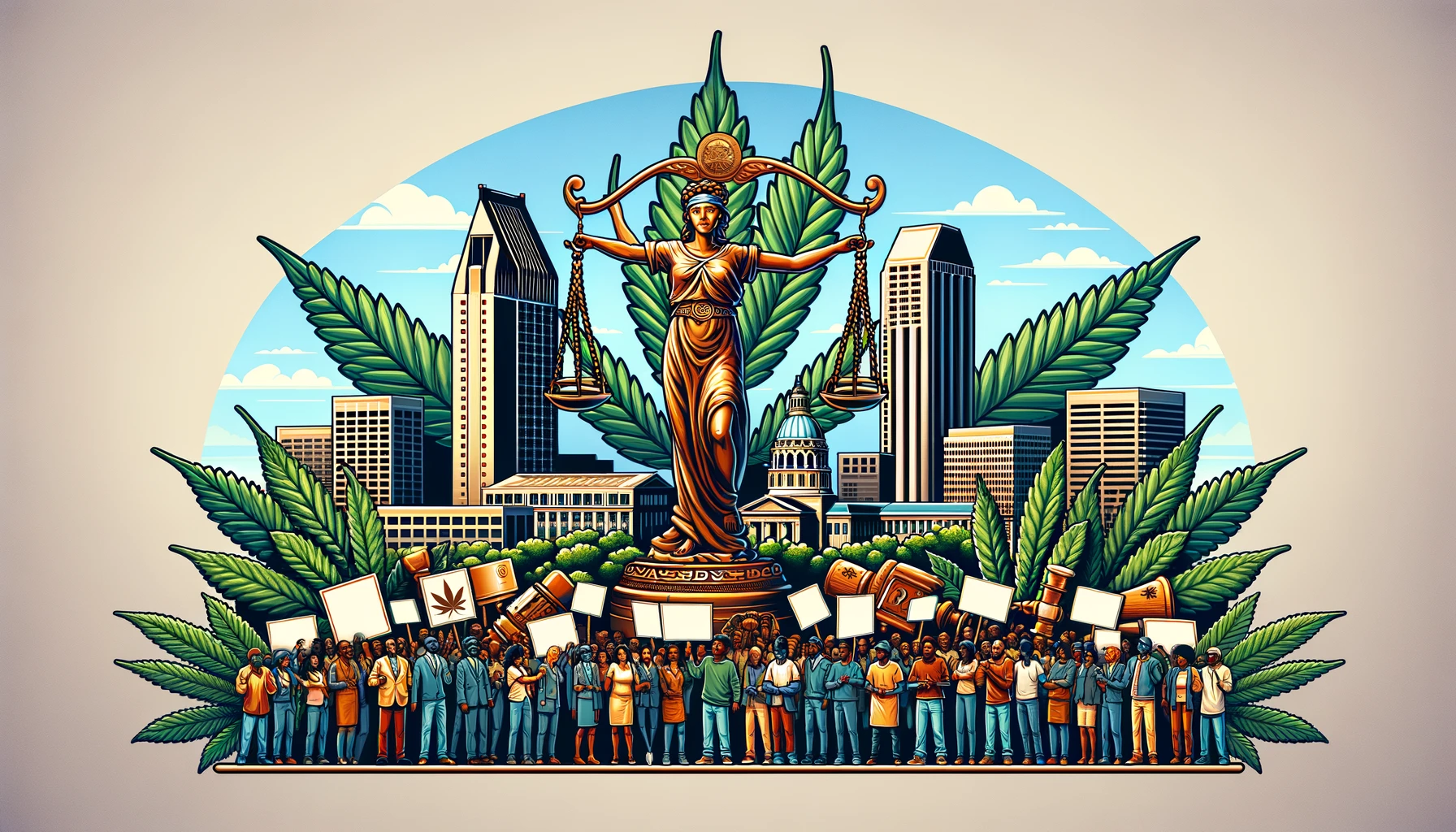Introduction
In the heart of San Diego, a new program emerges with the promise of correcting past injustices in the cannabis industry. The city’s recently launched Social Equity and Economic Development (SEED) program aims to provide opportunities for those previously criminalized for cannabis-related offenses. However, controversy surrounds its implementation, raising questions about its effectiveness and fairness.
Background of the SEED Program
SEED’s objective is clear: to enable individuals, particularly from Black and brown communities who were disproportionately affected by past cannabis laws, to participate in the now-legal cannabis market. The initial proposal was ambitious, suggesting 36 cannabis equity licenses, reduced location restrictions, legal assistance, and financial support. Unfortunately, the final plan falls short, offering only 18 licenses through a lottery system.
Eligibility Criteria for Applicants
The program sets specific criteria for applicants: a past conviction or arrest for a cannabis crime and meeting two of the following conditions – residing in certain San Diego communities, low household income, experiencing housing loss, attending local schools, or being in foster care during specified periods.
The Public Reaction
The reduction in the number of licenses has sparked protests and criticism. Advocates like Armand King argue that the reduced number symbolizes continued inequality. They push for a merit-based system prioritizing those most affected and advocate for community reinvestment plans, which are currently absent from the program.
The City’s Stance
The city, in response, has remained firm on its decision. They argue that increasing the number of licenses, as demanded by some advocates, isn’t feasible. This has led to a stalemate between the city and activists, with both sides holding their ground.
The Greater Implication
This situation highlights a broader issue: the struggle for fair representation and opportunities in the burgeoning cannabis industry. It’s not just about licenses; it’s about rectifying historical injustices and providing equitable opportunities for all.
Looking Ahead
As San Diego’s planning commission and city council prepare to review the program, the debate continues. Will the SEED program be a landmark achievement in cannabis equity, or will it be remembered as a half-hearted attempt that failed to address the core issues?
Conclusion
San Diego’s SEED program stands at a crossroads. Its success or failure will not only impact the local cannabis industry but also serve as a benchmark for similar initiatives across the nation. It’s a moment for reflection and action, to ensure that the promise of equity is not just a slogan but a reality.










